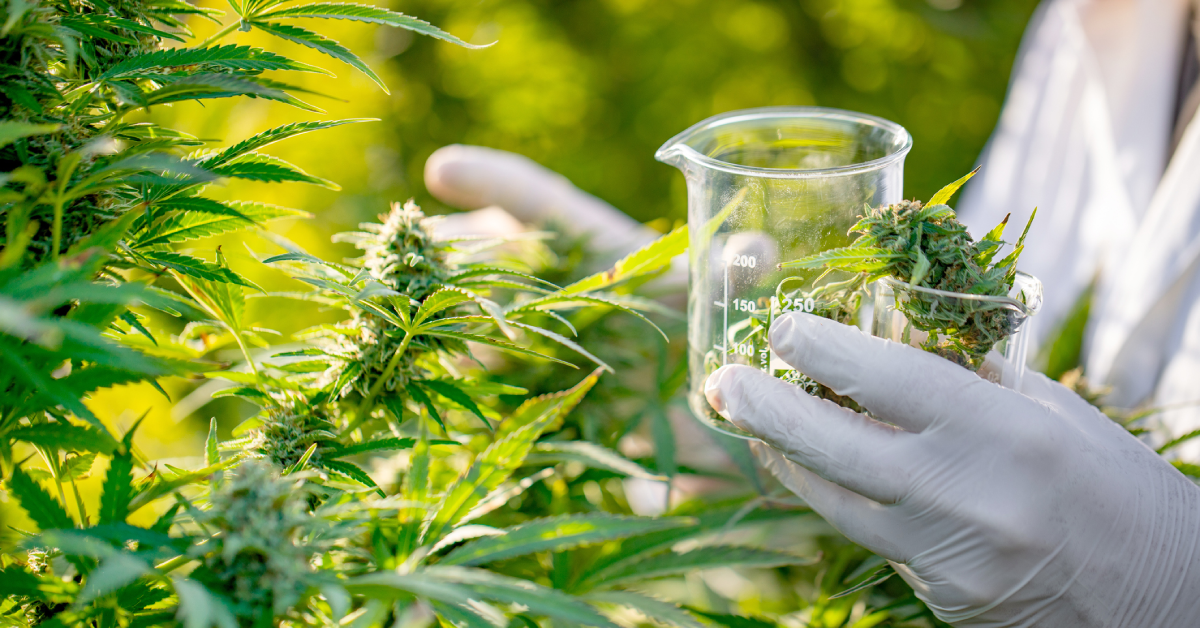Accurate testing of delta-9 THC content in hemp-derived products by an accredited third-party laboratory like Armstrong Forensic Laboratory, Inc. provides crucial information for growers, manufacturers, and distributors to ensure compliance with Texas legal standards. From the perspective of an accredited Texas laboratory, here are 10 things growers, distributors, and manufacturers need to know:
Stay Informed
Armstrong Forensic Laboratory, Inc., a USDA Registered, TDA Registered, DEA Registered, and ISO 17025 Accredited, stands ready to help you.
https://www.ams.usda.gov/content/armstrong-forensic-laboratory-inc
https://www.texasagriculture.gov/Regulatory-Programs/Hemp
- State Plan: The Texas Department of Agriculture (TDA) has a state plan approved by the USDA that outlines the regulations for hemp cultivation, which indirectly affects the distribution chain. Be registered with the TDA for growing, processing, and transporting.
- Licensing: Retailers selling consumable hemp products containing CBD and other cannabinoids must be licensed by the Texas Department of State Health Services (DSHS).
- Retailer Responsibility: Retailers should be proactive in ensuring that their products are compliant, as selling non-compliant products can lead to penalties.
- Penalties: Non-compliance with THC content rules can result in penalties, including fines and potential criminal charges. Failing to comply with hemp regulations can result in criminal penalties, especially if a hemp product is classified as marijuana due to its THC content.
- THC Calculation: Texas law specifies that the THC concentration is determined post-decarboxylation or another similarly reliable method. This means the total potential THC, including THC-A which can be converted to THC, must be under 0.3%.
- Record-Keeping: Hemp growers and producers are required to maintain records of their operations, including testing results, for at least three years. Armstrong Forensic Laboratory keeps all case files for at least five years.
- Retesting: If a hemp sample tests above the 0.3% THC threshold but below 1%, a grower might have an opportunity for a retest, depending on specific circumstances and the discretion of the authorities.
- Online Sales: Texas residents can purchase hemp-derived products online as long as the products comply with Texas and federal laws.
- Public Awareness: It’s essential for distributors to be aware that the public may still have misconceptions about hemp-derived products. Education and transparency are crucial to building trust with consumers and authorities. Always consult with a legal expert or familiarize yourself with the latest state regulations and guidelines when involved in the distribution of hemp-derived products in Texas or any other state.
- Regular Updates: The hemp industry and its regulations are evolving. It’s essential for those involved in hemp cultivation, processing, and selling to keep updated with changes to Texas law and TDA regulations.
Note that these points provide a general overview, and those interested in cultivating, processing, or selling hemp in Texas should consult with legal experts and closely follow TDA guidelines and updates.
Engaging with a reliable, accredited lab such as Armstrong Forensic Laboratory, Inc., not only aids in legal compliance but also ensures that you’re providing a safe, high-quality product to your customers.

